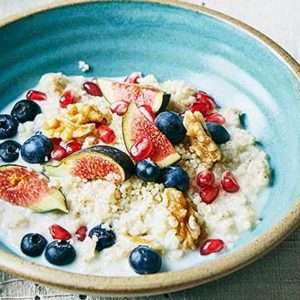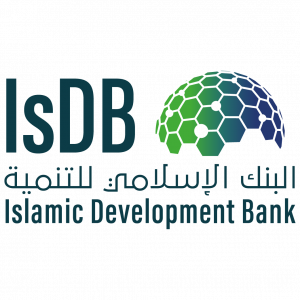By Prof. Dr. Marco Tieman
Under a traffic light system, the halal logo would have different colours: red, orange, or green. The colour would indicate if a product is a key building block of a healthy diet (green); a product with low levels of salt, sugar and/or fat (orange); or a product with high levels of salt, sugar, and/or fat (red).
 According to extensive research, the key building blocks of a healthy diet, or those things worthy of a ‘green’ certification, would include such products as plain oats, vegetables, fruits, beans, seeds, fish, white meats, healthy oils, water, tea, coffee, plant-based milk and yoghurts, sugar replacers, and very dark chocolates (beyond 70% cocoa).
According to extensive research, the key building blocks of a healthy diet, or those things worthy of a ‘green’ certification, would include such products as plain oats, vegetables, fruits, beans, seeds, fish, white meats, healthy oils, water, tea, coffee, plant-based milk and yoghurts, sugar replacers, and very dark chocolates (beyond 70% cocoa).
Foods with high levels of salt, sugar and fat, on the other hand, would earn ‘red’ certification, as these ingredients have been related to many of today’s most serious diseases. Integrating nutrient profiling into the halal logo has a number of advantages.
First of all, it makes it easier for the consumer to choose healthy food while shopping. Hence, the logo system could become an effective instrument in fighting the epidemic in obesity, diabetes and associated diseases.
Secondly, government interventions, such as the introduction of sugar drink taxes or the banning of junk food advertising, can be more effectively implemented in Muslim countries which have a clear identification of nutritionally deficient products.
Third, integrating nutrient profiling into the halal logo would motivate the food industry to innovate and offer healthier products.
Next to the clear advantages, however, there are also some disadvantages to integrating nutrient profiling into the halal logo.
First, next to the possible costs of changing packaging, the fast food industry (which has a strong lobby) does not like their products being publicly branded as unhealthy, especially in the fast-growing Muslim market. Much opposition from the fast food industry can thus be expected.
A second disadvantage is that when a country introduces this new measure, it could be regarded as a non-tariff trade barrier by exporting countries, possibly affecting trade negotiations.
Despite such disadvantages, however, the principles from the holy Quran and the Hadith, as well current medical dietary knowledge, suggest that incorporating nutrient profiling into the halal logo will eventually bring about health benefits and reduce healthcare costs. It will result in a more sustainable food system founded upon the actual sense of halal and tayyib.
Prof. Dr. Marco Tieman is the CEO of LBB International, a supply chain strategy consultancy & research firm. He is an expert on halal supply chain management and halal reputation management. He is also a professor in Malaysia conducting research in this area under University of Malaya, Universiti Malaysia Pahang, and Help University.



